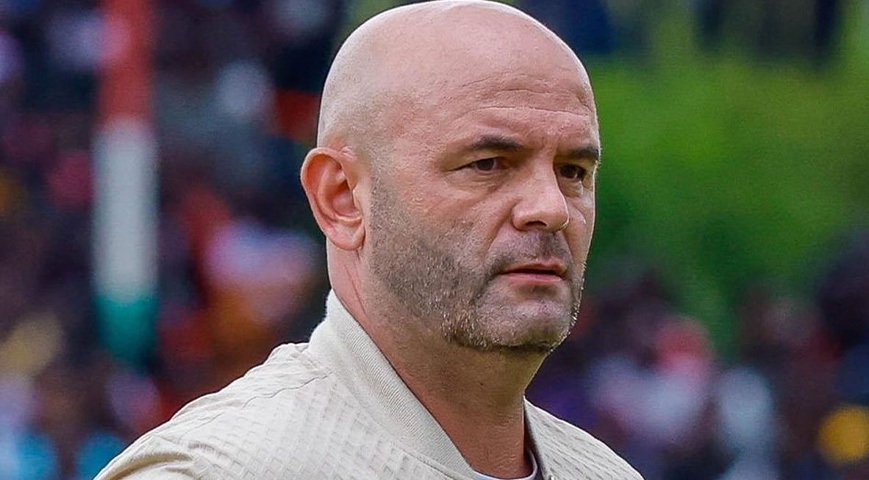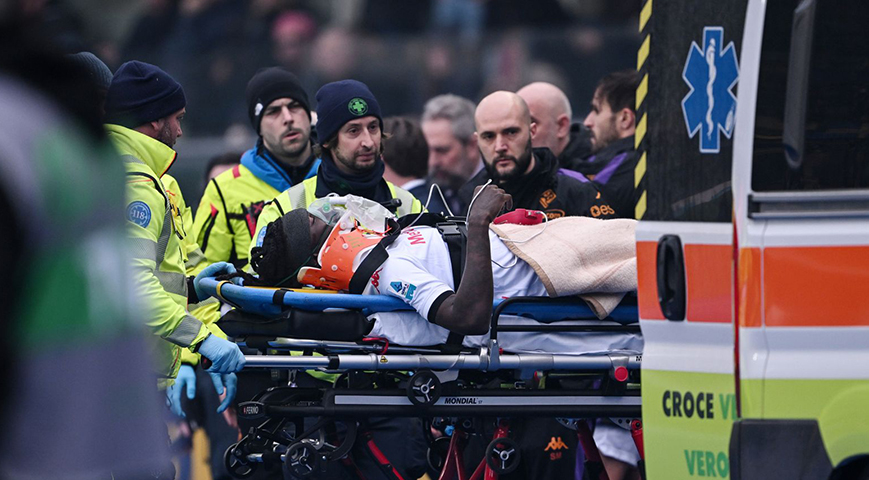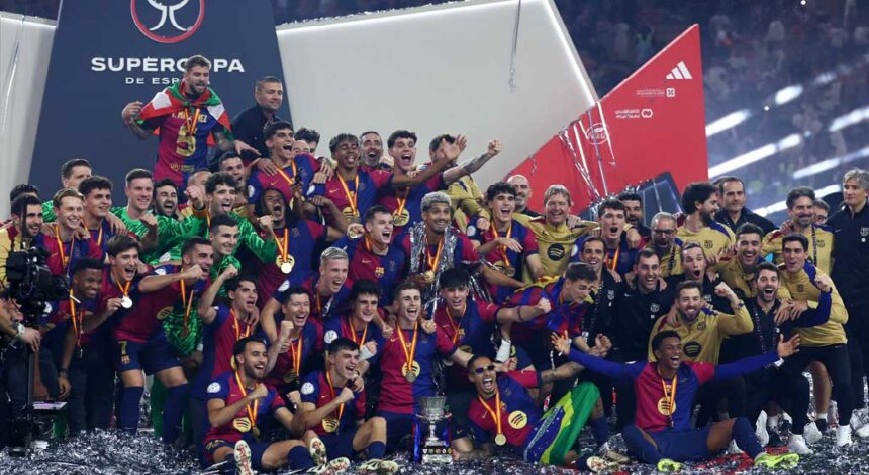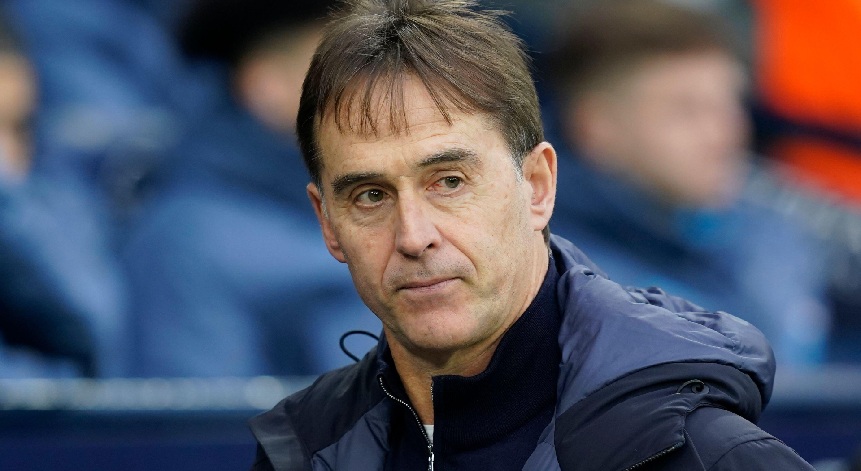On Wednesday, state prosecutors in Brazil charged 16 individuals, including seven professional soccer players, with match-fixing and illegal betting. This scandal has the potential to be one of the biggest since sports gambling was legalized in Brazil in 2018. After the charging documents were released, Brazil's Justice Minister Flavio Dino ordered a federal police investigation into the scheme.
The alleged offences took place in 13 matches in Series A and B of the Brazilian Championship, including eight that were played in 2022, according to prosecutors from the Public Ministry of Goias.
The charging documents revealed that a criminal syndicate paid players to commit infractions and then placed bets on the outcomes to earn payouts when the offences were committed. The alleged gang reportedly offered upfront payments of up to 500,000 reais ($100,000) to players from clubs such as Santos, Juventude, Cuiaba, Cruzeiro, Athletico Paranaense, Internacional, and Fluminense. One of the accused, Santos defender Eduardo Bauermann, allegedly received at least 50,000 reais ($10,000) to receive a yellow card during a match against Aval last year.

Did you read this?
According to reports, the offenses occurred in 13 games in Series A and B of the Brazilian Championship, eight of which were played in 2022.
According to the charging documents, several other players, including Gabriel Tota, Paulo Miranda, Igor Carius, Victor Ramos, Fernando Neto, and Matheus Gomes, were also charged with match-fixing and illegal betting.
In response to the scandal, the Brazilian Football Federation (CBF) has sent a letter to the Presidency of the Republic and the Ministry of Justice, requesting the involvement of the federal police in the case. The CBF has emphasized that there is no possibility of suspending the current competition.
"I've been working together with Fifa, as well as Brazilian clubs and Federations, with the aim of combating all types of crime, fraud or illicit action within football," CBF president Ednaldo Rodrigues said in a statement." Those who commit crimes should not be part of Brazilian and world football."

Brazil legalized online sports betting in 2018, and since then, the industry has experienced explosive growth. Betting advertisements are often visible before, during, and after football matches.



-1740810575.png)

[1]-1740218631.jpg)






